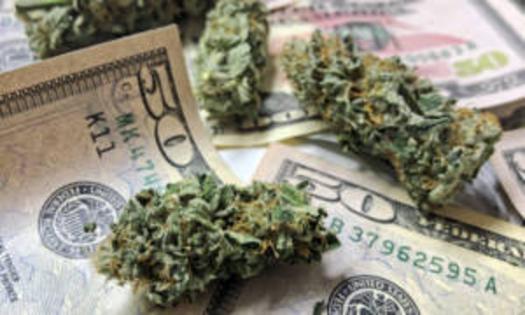Native American Tribes Find Economic Power In Alcohol, Cannabis And More
Published in Cannabis Daily
Sins are powerful – and for many – lucrative. Native American Tribes understand their economic strength
For many Native American tribes, economic self-sufficiency has long been a priority. In the absence of traditional revenue streams, tribal governments have explored and embraced industries that leverage their unique legal status. The industries of cannabis, tobacco, and alcohol—often referred to as “sin industries”—are among the most lucrative and influential sectors globally. Their profitability and power are shaped by market size, profit margins, and their ability to influence policy and public perception. Today, Native American tribes find economic power in alcohol, cannabis and more.
Historically, alcohol and tobacco sales on reservations provided vital funding for health, education, and infrastructure. Now, a growing number of tribes are turning to cannabis and hemp as new economic engines.
Tribes operate under a complex web of sovereignty and federal oversight. While the sale of alcohol on reservations is regulated through tribal law and federal approval, tribes have been able to tax and profit from tobacco sales without being subject to all state taxes. This allowed several tribes to establish retail and wholesale tobacco operations that significantly boosted revenue, particularly when selling to non-tribal members in nearby communities. Cannabis represents a new frontier. The 2018 Farm Bill legalized industrial hemp nationwide, opening the door for tribes to cultivate and sell hemp-based products like CBD oil and textiles. With full cannabis legalization expanding across the U.S., tribes are asserting their right to grow, process, and sell both hemp and marijuana products—even in states where such sales remain restricted. Today, more than two dozen tribes have launched cannabis-related ventures. For instance, the Flandreau Santee Sioux Tribe in South Dakota became the first tribe to legalize recreational cannabis on its reservation in 2015. Other tribes, such as the Puyallup Tribe in Washington and the Shinnecock Nation in New York, have opened dispensaries, processing centers, or are planning vertically integrated cannabis businesses. These enterprises not only serve tribal members but also attract customers from surrounding areas, generating much-needed revenue and job opportunities. The economic potential is significant. Tribal cannabis operations benefit from fewer regulatory hurdles compared to state-regulated businesses, allowing them to innovate and compete more aggressively. However, tribes still face legal uncertainties, particularly around banking and transportation across state lines. Despite these challenges, cannabis and hemp are becoming part of a broader tribal economic development strategy. Revenues are being reinvested into housing, health clinics, addiction services, and youth programs. For many tribal leaders, cannabis is more than a business—it’s a tool for sovereignty and healing. As federal cannabis reform continues to evolve, Native American tribes are positioning themselves at the forefront of the industry. Their early investments and regulatory innovations could help shape the national cannabis economy while continuing the longstanding tribal tradition of economic resilience and self-determination.
The Fresh Toast is a daily lifestyle platform with a side of cannabis. For more information, visit www.thefreshtoast.com.
























Comments